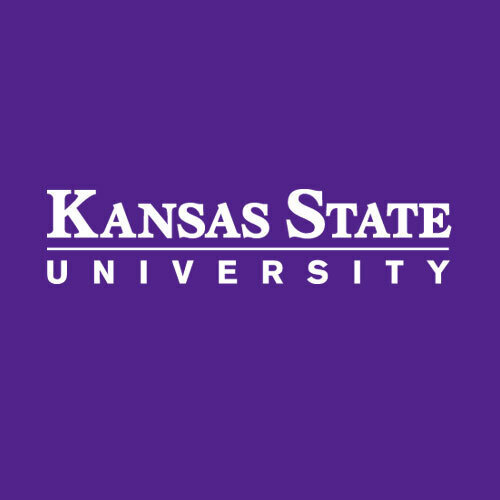By The Kansas Reflector
TOPEKA — The Trump administration defunded 16 of 17 Feed the Future labs across the country when it began wiping out U.S. Agency for International Development projects.
After months in limbo, Kansas State University found out its lab is the lone survivor.
Two K-State labs that are part of the Feed the Future network received stop work orders in January. In early April, K-State officials received notice that the Climate Resilient Cereals Innovation Lab could resume work, said Timothy J. Dalton, professor of agricultural economics and interim director of the lab.
The second lab, the Feed the Future Collaborative Research on Sustainable Intensification Innovation Lab, which had a $50 million cooperative agreement for its operations, was terminated.
Dalton is unsure what the future funding will be for the Cereals lab. The original cooperative agreement allocated $22 million for five years.
“We are just completing our second year,” he said. “We receive our funding in annual increments. We’ll see what happens once this fiscal year ends.”
Dalton is pleased to continue the work the Cereals lab began, which involves collaborations with universities around the country, and with national agricultural research systems in Senegal, Ethiopia and Bangladesh.
But he’s concerned about the long-term impacts of ending 16 labs, each of which was doing work that affects farmers in the United States.
University spokeswoman Michelle Geering said U.S. Sen. Jerry Moran was helpful in getting the funding reinstated.
“K-State’s innovation lab is helping bolster American agriculture by creating crops that are resistant to drought and disease,” Moran said in a press release. “I appreciate (U.S. Secretary of State Marco Rubio) for recognizing the importance of the work being done at Kansas State University and supporting the continuation of this program.”
International and local impacts
The research work at all the labs has implications internationally as well as for U.S. agriculture. Giving credit to another professor, Dalton borrowed an analogy to describe what the 17 Feed the Future labs were designed to do.
Timothy Dalton, Kansas State University interim head of the Climate Resilient Cereals Innovation Lab, is worried about elimination of agriculture research because of USAID cuts. (Submitted)
“We train our military to go and fight battles overseas in order to prevent similar problems from occurring in the United States,” Dalton said. “It’s a similar argument. What we’re doing with the Innovation lab mechanism is working on very similar problems that just happen to be food-related.”
Dalton said aligning with other countries to solve agriculture challenges like crop disease resistance pays off for the United States by preparing U.S. farmers for when those same issues come here, which they eventually do, he said.
For example, research in the 1980s to protect farms in southern Africa from the sugarcane aphid helped U.S. farmers with managing the greenbug aphid, Dalton said.
“I have always expressed my deepest concern about the halting of any international collaborative work, that it’s really going to fall on the shoulders of farmers because they’re the ones who are not getting the type of research to get out in front of these challenges that they will face,” Dalton said.
Longterm research
Dalton also raised concerns that halting support for the other 16 labs sets agricultural research back because of the long-term, slow path that research sometimes takes.
Researchers are usually tied to the crop cycles, so they may only be able to do investigations in the fields during certain times.
“The work in Ethiopia has had tremendous impacts, but it started half a century ago,” he said. “Because ag research moves slowly and it’s all about persistence over time, rather than stop-and-go funding, you have to think about protecting the long-run interests.”
Cereals research
Work will now continue in the Climate Resilient Cereals Lab, where they focus on researching four cereal grains: sorghum, millet, wheat and rice.
In Senegal, research is focused on wheat and sorghum. It’s on the border of the Sahara Desert, Dalton said, where it’s always hot and dry, allowing them to study wheat that is exposed to heat and drought. Those are two issues that regularly affect Kansas farmers.
Work studying rice in Bangladesh considers, among other things, the genes that rice varieties harbor that are resistant to disease. Identifying ways to fight rice blast, a fungal infection that destroys rice crops around the world, is part of that research.
Dalton said sorghum research is important because there are fewer researchers focused on it than on other grains. More than 50% of U.S. sorghum is grown in Kansas.
“There are so many more questions left to be answered about sorghum because it hasn’t had that intense level of research,” he said.

